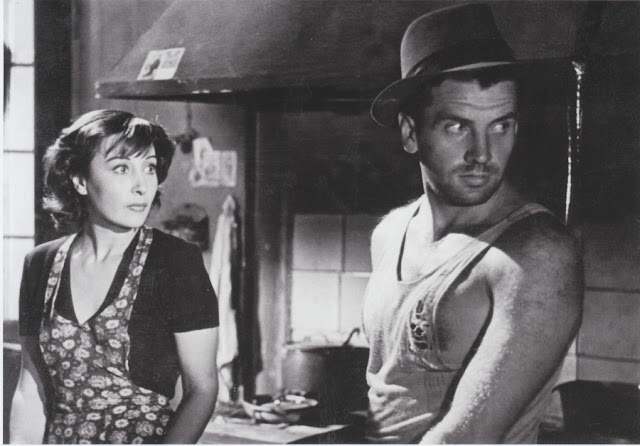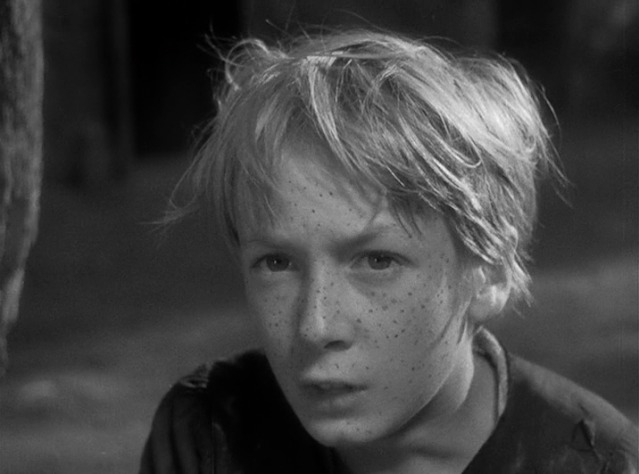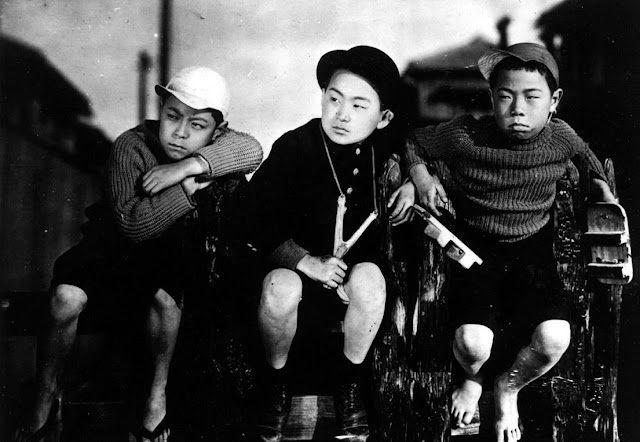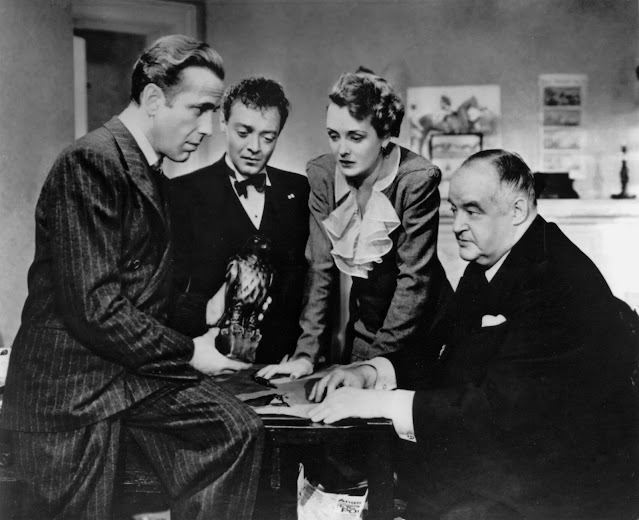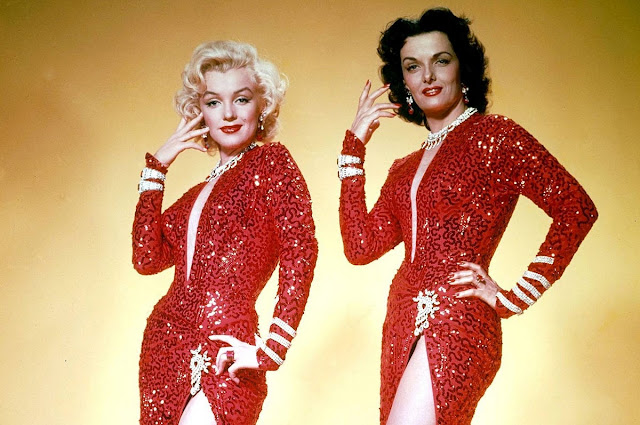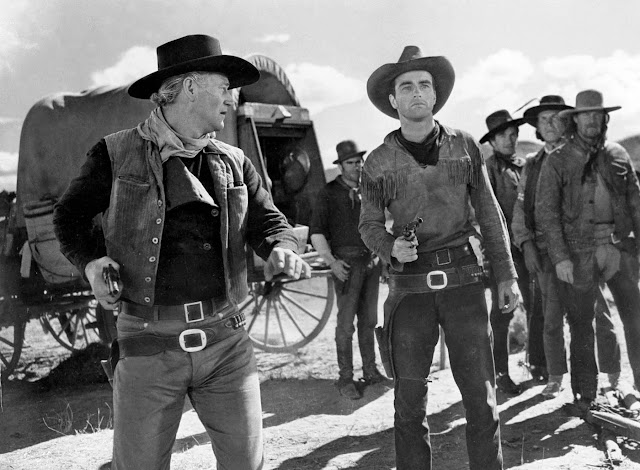The Blood of a Poet (1932)
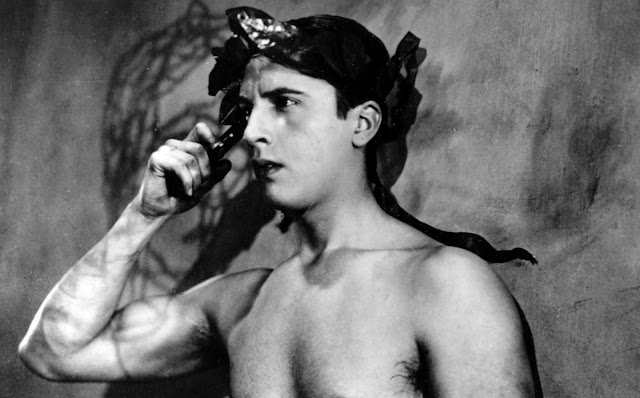
Jean Cocteau's "The Blood of a Poet" When I started to watch Jean Cocteau's 1932 short film " The Blood of a Poet ," the surrealist nature of the film drew in my wife's attention, as she is one of prefer surrealist cinema to more straightforward pieces of art or entertainment. As we watched, my wife and I began to interpret the images we were seeing. Our interpretations came down to: the life of an artist who feels he has the ability to speak through his work. However, as he travels through the mirror, he confronts his own demons and misunderstanding of things. We he gets back on the other side, he realizes that his duty is to speak the truth. This truth is that he is privileged and a member of the bourgeois class he's meant to be taking aim at through his art. His position in his class compromises him as an artist and as a human. Is this the correct interpretation of " The Blood of a Poet ?" My guess is....probably not! Despite this, th

